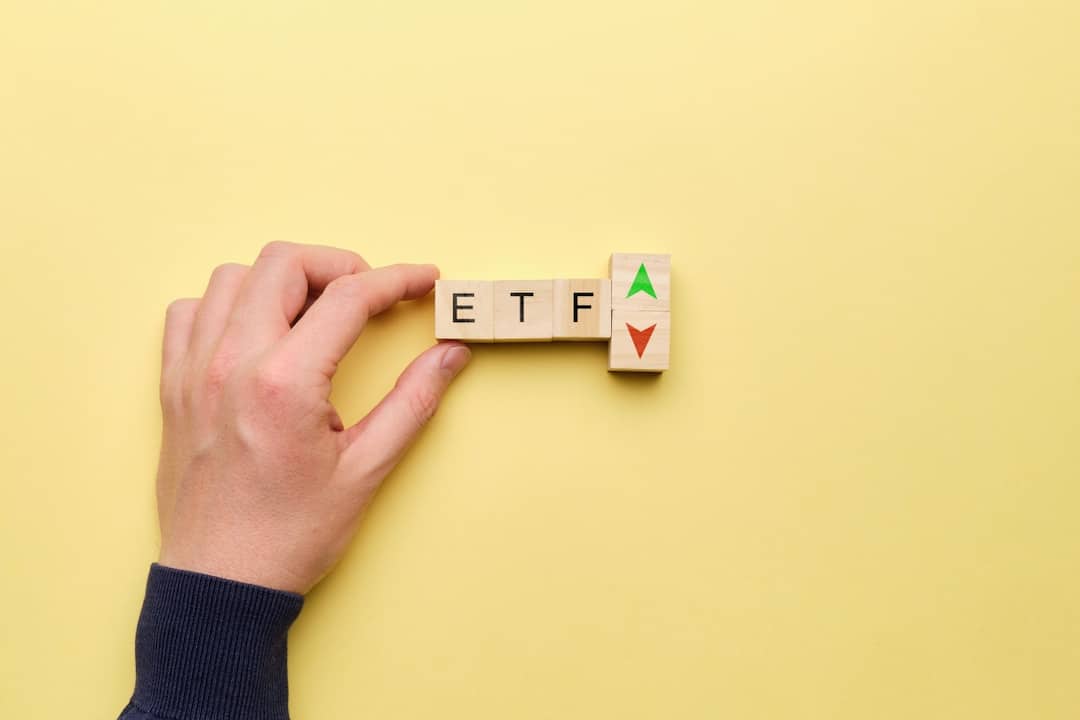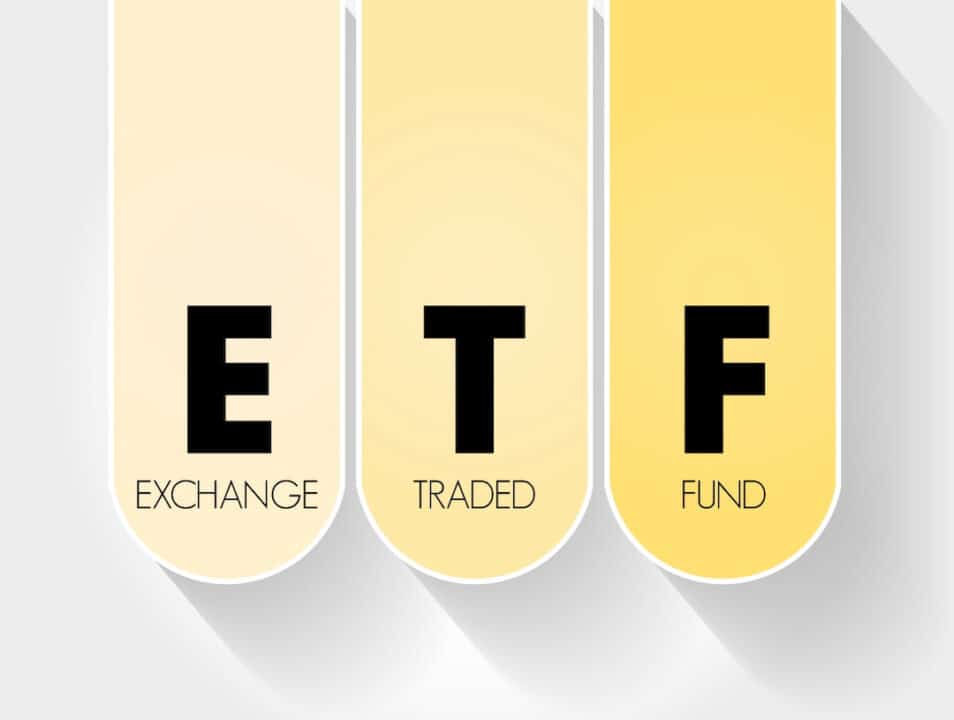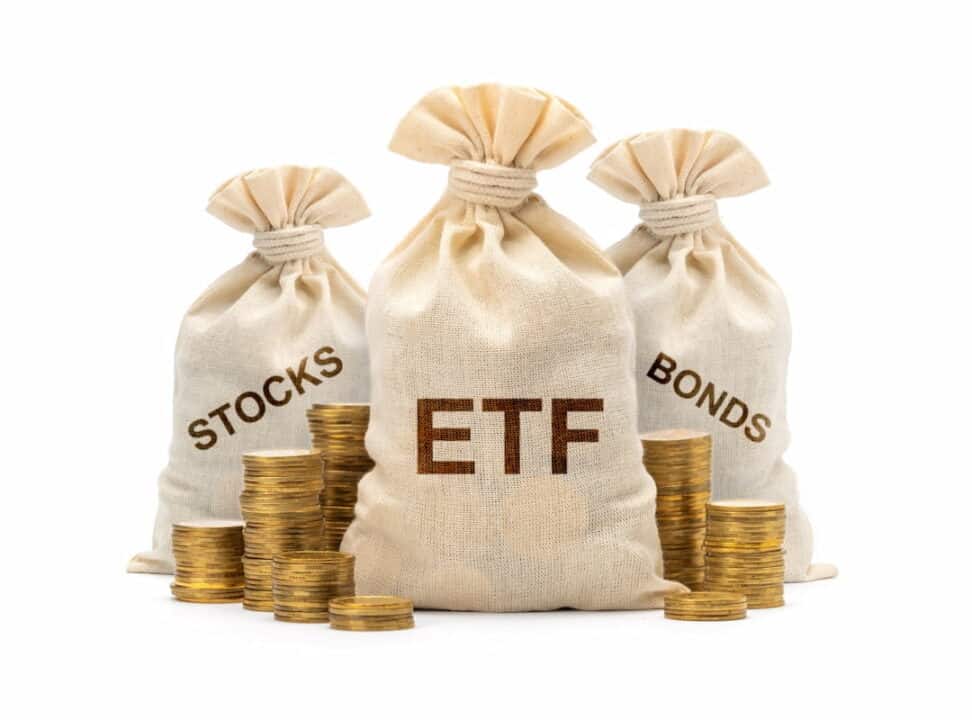Exchange-Traded funds offer a solid way to invest and grow your money. Canada is a perfect place for investors to invest their money due to the wide range of bond ETFs. If you are looking to make investments, Canada is the next big option. It stands as the 10th richest country in the world. Bond ETF Canada is an uncommon option for investors.
Investing can be scary for anyone and since ETFs rely on the stock market, there is still little knowledge about trading them. In this article, we delve into bond ETFs and how you can invest in them.
Understanding Bond ETF Canada
An exchange-traded fund contains several individual securities, like bonds, stocks, and commodities. In the same way, they mimic mutual funds. There are also more like stocks, as you can buy and sell a unit when you deem it fit.

ETFs are perfect for investment as they offer the following benefits,
- They are valuable assets
- Easier to trade
- Lower fees and expenses to trade
- They offer diverse options
What Is Bond ETFs Canada?
Bond ETFs are a source of regular income for investors. Investing in company stake is a common practice. Also, the entities like companies, states, municipalities, and stocks issue them as a way to source loans from third parties. The ETF bonds, however, do not have a maturity date like their source bonds.
Bond ETFs are available for ordinary investors. They are also available on platforms rather than over-the-counter bonds. Also, they pay investors in dividends.
Our recommendation:
Trading fixed income ETFs in Canada
You can trade ETFs in Canada. There are more options for investors inside and outside Canada. You do not have to travel or take any legal documents across the border to invest. If you are willing to trade or buy ETFs in Canada, you need the following.
- Enough funds in your account to buy the ETFs
- A trading account
- A registered account

You have to enlist the help of a discount broker when buying an ETF. The broker helps you buy the ETF shares (see Canadian bank ETFs) with the amount of money you set aside. Buying is straightforward with any brokerage company. Whenever the markets are open, purchase any global bonds of choice.
Are There any bond ETFs To Pick From In Canada?
Yes. There are bond ETFs currently available in Canada that you can invest in today. However, you have to carefully choose which ETF sector you want to invest in (see energy ETFs). Fixed-income ETFs are listed on the markets from time to time. Your selectivity may only leave you a handful of choices.
Types of Bonds ETFs in the markets
Short-term Bond ETFs
Short-term bonds are bonds that take a few years. They do not have more significant changes in risk and interest rates.
Intermediate-term Bond
An intermediate-term bond takes a few years and up to ten years to mature. There is a significant movement for this kind of ETF compared to the short-term ETFs. Also, the bonds are a bit more responsive to interest rates over the period.
Long-term Bond
These funds take longer than ten years and up to thirty years. With long-term ETFs, investors get more interest. The long-term bonds have significant changes. Also, they increase when rates fall and deflate when the rates rise.
Total-bond Markets
These allow investors to sample bonds across markets. With the bonds, the investors experience a broad and diverse maturity time. Consequently, they have no call to look right or left to make interest.
Investment-grade Bond ETFs
They are one of the least-paying bonds, making them the safest alternative.
High-yield Bond ETFs
They range from decent to not-so-cool bonds. They can make a tangible investment or losses depending on the issuer. High-yield bonds are riskier than other bonds and pay more than investment-grade ETFs.
Municipal Fixed-income ETFs
These are securities with a tax advantage. Regardless of the tax advantage, the ETF must invest in the state where you pay taxes. States and cities issue municipal bonds. These are ideal assets if you want to retire in Canada.

The Best Bond ETFs Canada
Companies like iShares and Vanguard have millions in net assets. There are enough bond ETF options in the market to balance your portfolio. Here are some of the best bond ETFs in Canada.
The Vanguard Short-term Bond Index ETF, VSB
They bear the market symbol VSB. The maturation period for this bond is 2.7 years with 1.1 Billion worth of assets in management. The bond invests fixed income public securities issued in Canada.
Other notable short-term bonds include VSC, ZCS, and XSB.
The iShares IBoxx & High Yield Corporate Bond ETF, HYG
The fund boasts $18.01 in Assets in management and bears the market symbol HYG. It is only available in USD only. It takes the bond 2.81 years for the bond to mature. The yield for the bond is 5.58%. It is one of the best performing liquid junk bonds in the market for the longest time.
The iShares Broad USD High Yield Corporate Bond ETF
It goes under the market symbol USHY (USD only). The maturation period for the ETF is 5.50 years with an expected yield of 5.92%. Notably, the USHY bond combines securities from small issuers. Thus, the bond has an increased potential for yields.
iShares Canadian Bond Index ETF (XCB)
XCB is the market symbol for the iShares Bond. It takes an average of 9.12 years for the bond to
mature. Investors benefit with a 2.59% yield to maturity. Additionally, the
assets under management amount to $1.85 Billion.

Do Bond ETFs Pay Income?
Yes. Bond ETFs pay off investors in monthly dividends. Also, when the bonds make gains, they pay off investors in annual dividends as income. Proceeds from bonds are also income taxes payable for all bonds except municipal bonds.
What Is the Difference Between a Bond Fund and a Bond ETF?
A bond ETF and a bond fund bear several similarities, including diversity. However, bond funds occur when many investors come together to pool funds. The fund manager uses the same funds to invest in several agreements they deem fit (see also ETFs and Index funds compared).
Bonds and Bond funds are a way for investors to store their money in less risky investments. Bond mutual funds are perfect for investors who want to buy and hold their investments. If you prefer active management for your investment, a bond fund is the best ETF option. Notably, both require management fees.
The management fees are higher in a mutual bond ETF. The respective owners of the fund pay for maintenance. All investment decisions depend on the account manager and remain their sole discretion.
Bond mutual funds are flexible for investors who do not want to keep track of their investments. Everything from management rests at the hands of management. The bond issuer can also buy your ETF shares when there are no buyers in the market.

How Expensive Are Bond ETFs?
Bond ETFs charge an amount for running the fund. In the end, long-term bond ETFs charge a significant amount of money to investors who wish to buy and hold bonds. For some time, the fee has been reducing, and the trend continues to fluctuate downwards.
The net assets of the bonds change according to the stock market value. It is hard to reflect future values for bonds.
The best bond ETFs to invest in has the lowest average expense ratio. That allows you to pocket more money into your capital rather than the company’s fund.
Is It Safe to Invest in Bond ETFS?
Bond ETFs are safe to invest in as they do not hold high risks of loss. However, they are still at the mercy of the market fluctuations. They may go up and down during the day, depending on the market.
Corporate bonds are assets that offer more income when you pick valuable ETFs in the market.
Why Not Go For Bonds With the Best Performance?
The best-performing ETF is always the riskiest, and thus it is not the best bet for any investor. An investor has different goals when placing their money on a bond ETF. It would not make sense if the bond does not offer a stable place to hold and multiply their money.
The best-performing bonds have their own risks. However, you want to calculate all possible risks before you buy bond ETFs. Since the values change frequently, it is not easy to determine if the bonds will maintain their past performance.
Pros and Cons of Bonds ETF
Pros
- Bond ETFs are a great way to create a stable income source. You’ll earn money from the interest they’ll earn from individual bonds.
- Receive monthly dividends when you buy a bond ETF. It is one of the fastest ways investors can make a monthly income from their principal.
- ETFs offer diversification. When you have a diversified investment, you have lower risks for loss. They create a stable way to secure your portfolio.
- They allow you to have different kinds of bonds. Exposure to an array of bonds allows different responses on investment. In return, they reduce the volatility of your portfolio.
- You do not need investment knowledge of mother bonds to make your investment.
- They open up space for bond investing, which is not available with trading bonds.
- You can buy ETFs at low prices compared to bonds.
Cons
- They do not guarantee a return on principle. When the markets decline, the value decreases, no one will pay you for the trading losses.
- Higher expense ratios. The high expense ratios dig into the investor’s earnings. With a long-term investment, the ratio eats into a significant amount of savings.
- Some bond ETFs end up giving low returns no matter the existing interest rates.
The Bottom Line
Bond ETFs are a quick way to invest your money without the long process of buying bonds. However, it is vital to take your time before you take the step. Contact Blackrock asset management Canada for more help with EFT investments.
Bond ETF Canada provides an efficient way to build your portfolio by buying a few securities. With a calculated decision, you can diversify and get the most value from the investment. You can also cut the high management expense ratio to hold on to the reducing interest rates.